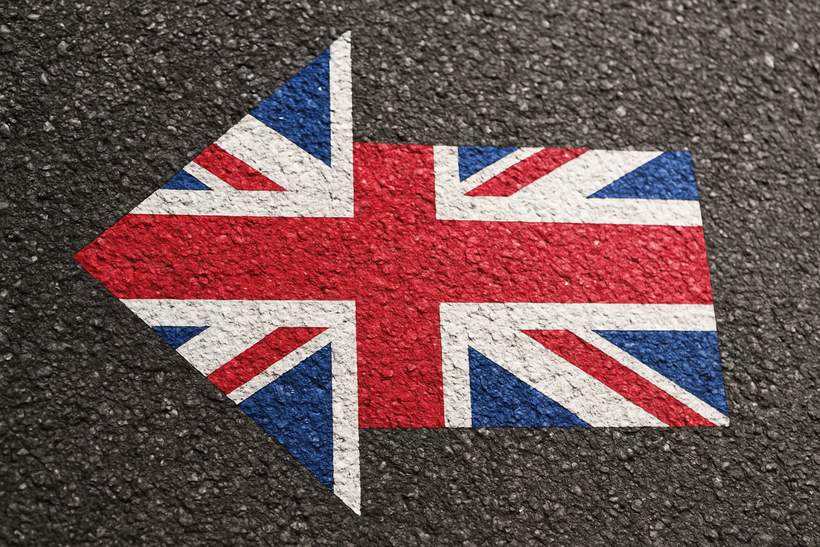UK Government Considers Raising Gambling Taxes to Fund Social Reforms

Potential Gambling Tax Increase to Fund Child Poverty Initiatives
UK Finance Minister Rachel Reeves has indicated that the government is exploring the possibility of increasing taxes on gambling. These additional funds are intended to support long-awaited social reforms, particularly changes to child benefits proposed by the Labour government. Importantly, these potential tax changes would exempt the horse racing industry, which recently voiced strong opposition to what they see as an excessive tax burden.
Using Extra Revenue to Combat Child Poverty
In a recent interview, Reeves emphasized that gambling companies should contribute more financially. Her remarks came ahead of Labour Party leader Keir Starmer’s address at the party’s annual conference, where child poverty remains a highly debated topic. An increase in gambling taxes could help revise outdated support systems for children in need.
The Institute for Public Policy Research (IPPR) estimates that raising taxes on certain gambling activities could generate an additional �A33.2 billion ($4.3 billion) annually. This revenue could be instrumental in removing the two-child benefit cap and lifting roughly 500,000 children out of poverty.
"Gambling firms make a significant contribution to the economy, but they should pay their fair share of taxes, and we will ensure that happens," said Rachel Reeves.
The IPPR’s proposal includes increasing the duty on online casinos from 21% to 50%, raising levies on slots and gaming machines from 20% to 50%, and boosting taxes on non-racing sports bets from 15% to 25%. Supporters argue that the gambling sector’s recent growth positions it to bear a larger tax responsibility.
Careful Consideration Needed for Any Tax Hikes
While Reeves has not confirmed that the government will adopt the IPPR‘s detailed figures, she has not dismissed similar strategies. In a Bloomberg interview, she reaffirmed her dedication to fighting child poverty but noted that any new policies must have reliable funding sources, which increased gambling taxes could provide.
"I want children from all backgrounds to have a good start in life. Would I like to do more? Yes, but of course, we must always explain how policies will be financed," Reeves stated.
These discussions emerge amid mounting tensions in the horse racing industry, which has faced heightened tax pressures. On 10 September, the sector witnessed a historic first as all racing events were suspended to protest increased levies. Industry representatives are planning a major campaign targeting policymakers in Westminster, stressing that further tax hikes threaten a sector valued at approximately �A34.1 billion ($5.51 billion).
As Reeves sets the direction for future fiscal policies, the government faces growing pressure to balance its commitment to reducing child poverty with the economic challenges impacting the gambling industry. Any adjustment to gambling taxes will need to consider current market dynamics to ensure that licensed operators remain competitive against unregulated alternatives.